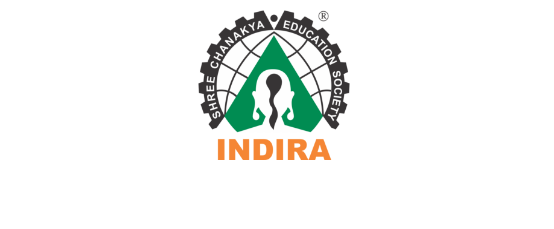The process of developing, transmitting, receiving, and evaluating messages to large audiences via vocal and written media is known as mass communication (or communication). It is a broad field that looks into not only how and why a message is developed, but also how and why it gets delivered. Print, digital media, the Internet, social media, radio, and television are all examples of these mediums. Strategic communication, health communication, political communication, integrated marketing communications, journalism, and other related professions are all part of mass communication. There are various bachelor’s and master’s in mass communication programs provided by colleges and universities across the country for those interested in working in the area or studying it as an academic field.
Professionals in mass communication employ their understanding of rhetorical principles and strategic media tactics to create, distribute, and evaluate effective communications aimed at broad audiences. Mass communication strategies are used daily by public relations specialists, journalists, broadcast professionals, advertisers and marketers, content writers, graphic designers, illustrators, public health educators, corporate media managers, and other media professionals to craft and launch strategic communication plans — from broadcast news to online marketing campaigns and public health announcements — across nearly every industry.
The variety of mass media formats and communication methods provides for professional choices that are both creative and flexible. Individuals having a background in the field might work in many fields, including marketing and advertising, entertainment, healthcare, journalism, public relations, non-profit and government, communications consulting, broadcast media, financial services, and foreign services, to name just a few.
Bachelor’s in Mass Communications Programs
A bachelor’s degree in mass communication can provide the important foundational training to step into a role within one or more of these areas for current and prospective undergraduate students who know they want to work in large-scale media development, whether in journalism, marketing, public relations, or political and/or social justice communication. Core courses in mass communication theory and history; mass media writing; editing and publishing for mass audiences; and media law and ethics are common in bachelor’s degree programs in mass communication, as are electives in specific areas of mass communication, such as writing and research for journalists; public relations writing; digital advertising; video production; television broadcasting; and documentary production.
The Advantages of Pursuing a Career in Mass Communication:
- Commitment to and adherence to deadlines
- Interpersonal and networking skills.
- Workstyle that is adaptable.
- Critical thinking and research skills
- Innovative and imaginative thinking
- Communication abilities and a talent for telling stories.
- Exceptional writing abilities
What Kinds of Mass Media Are There?
Print Media: A form of communication medium is print media. It can range from billboards to coupons, and it is one of the most basic and oldest techniques of communicating with the general audience. Newspapers were the major sources of information when the term “print media” was coined. This genre of media comprised journals, books, and periodical publications.
Outdoor Media: Ambient marketing is a great illustration of modern outdoor marketing. Brands offer their merchandise in odd locations and with unconventional materials. Let’s look at Folgers as an example. Manhole covers were used in a unique and eye-catching way to promote this coffee brand. As a result, bus stops, public transportation, and buildings promote innovative businesses.
Information broadcasting: An electronic broadcasting medium that distributes audio and visual information to a large audience. People of diverse ages, origins, viewpoints, objectives, and hobbies watch television, radio, video, and video games, which appeal to a wide spectrum of viewers.
Media in the Digital Age: There were around 4.66 billion active internet users in 2021, demonstrating that the globe is becoming increasingly reliant on digital media. Websites, YouTube, podcasts, and other channels are now used by brands to promote their products and services. Furthermore, firms routinely promote their items through Instagram marketing and Facebook advertising.
Mass Communication Careers
Advertising and marketing, journalism, healthcare, public relations, social and digital media, nonprofit, consultancy, financial services, government, and other sectors can all benefit from a bachelor’s degree in mass communication. Public relations firms, marketing, and advertising firms, newspapers and digital publishers, community and non-profit groups, healthcare agencies and hospitals, and television and radio stations are among the options for graduates of mass communication degrees.
Professionals having a background in mass communications are essential for delivering focused, effective messages to broad audiences due to their understanding of audience behavior and content production. Graduates of master’s programs in the discipline can continue their education at the doctoral level and work in academia or industry.
Below is a list of potential careers in media and mass communication that may be open to those with a degree in the field:
- News Media Director
- Journalist
- Web Content Specialist and Web Producer
- Public Relations Director
- Marketing Director
- Marketing Specialist
A bachelor’s degree in mass communication takes three to four years to complete, depending on the country or university. Though each bachelor’s, master’s, or doctoral degree in mass communication is unique, they all lead to senior-level roles in management or higher-level strategic marketing.
Is there anything you’re not sure about? So, don’t be concerned. Get in touch with IIMP BBA today to get your questions answered!
IIMP BBA is a premier educational college with a diverse professional faculty ready to assist you with any questions you may have. Please get in touch with us so that we can assist you in realizing your ambitions.













.png)




